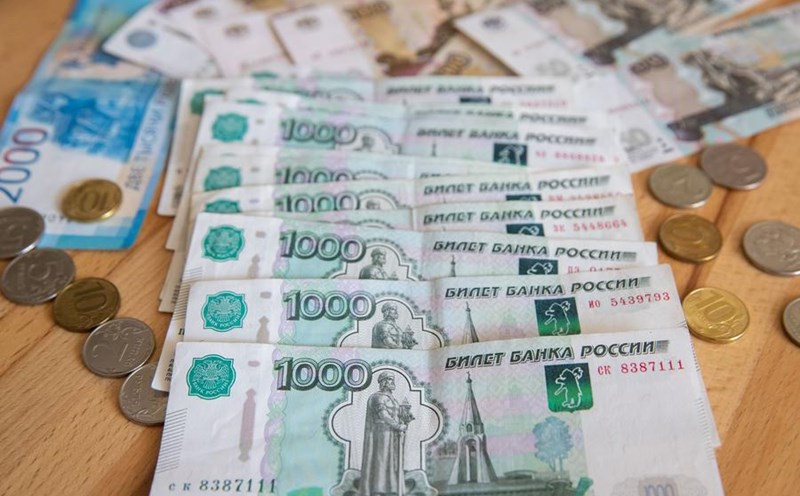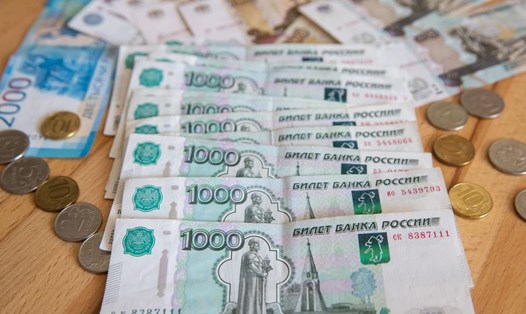The ceasefire will start from 6pm on April 19 to midnight on April 21 Moscow time. According to President Putin, this is a "goodwill document" and a test of Kiev's commitment to peace.
RT reported that the ceasefire was announced by Mr. Putin during a meeting with Chief of the General Staff Valery Gerasimov in Moscow. The Russian president affirmed: "We are temporarily suspended, but we are not losing vigilance. Any provincial actions will be fully rewarded.
He also did not forget to mention that Ukraine had violated the agreement to stop attacking energy infrastructure - mediated by the US - more than 100 times since March 18.
The Russian Defense Ministry later confirmed the humanitarian ceasefire, calling on Ukraine to respond accordingly, stressing that "Russian forces will comply with the ceasefire if Kiev does the same."
Ukrainian President Volodymyr Zelensky made comments on his social media account late on April 19, implying that Moscow must mainly comply with the ceasefire and Kiev will do the same.
If Russia is suddenly ready to truly participate in the formation of a complete and unconditional ceasefire, Ukraine will act in a back-and-forth manner - like Russia. "S still to respond, attack to respond to attacks," Zelensky said, adding that if the ceasefire is maintained, Kiev is ready to extend it after 30 hours.
However, Mr Zelensky later gave a different view, calling the ceasefire an attempt to "play with human life" and seemingly refusing.
In the latest statement, he also questioned Moscow's intentions, asserting that "Russian offensive activities" are still ongoing at some unknown locations on the front line.
The level of compliance with the ceasefire order is still unclear, with various media outlets giving mixed stories from the ground. According to RT reporter Andrey Filatov, reporting from Pokrovsk (Krasnoarmeysk) in the Donetsk People's Republic, many violations of the ceasefire were observed within 1 hour of the order taking effect.
He also said that Kiev's forces in the area used Kamikaze drones, as well as artillery, to drop cluster bombs at Russian positions.
Earlier this week, Moscow said a long-term comprehensive ceasefire with Ukraine was highly unlikely, given Kiev's long history of breaking its promise and violating previous agreements.
Speaking to reporters at the UN headquarters on April 17, Russian Ambassador Vassily Nebenzia said there were "major problems with a comprehensive ceasefire", referring to the fate of the long-standing Minsk agreements, as well as Ukraine's continuous violations of the US-intermediated 30-day ceasefire on attacks on energy infrastructure.
Meanwhile, the US has said that time to find a solution to the conflict in Ukraine is running out. On April 18, US Secretary of State Marco Rubio warned: "We only have a few days left to know if there is any short-term solution. Otherwise, we might withdraw.











